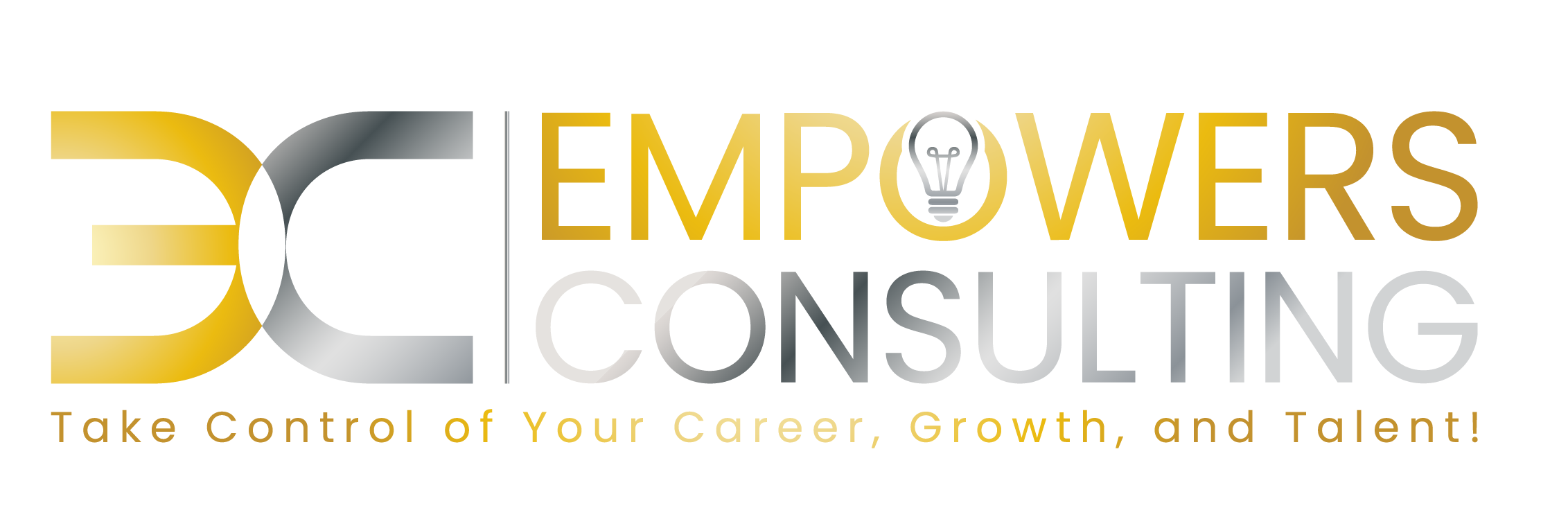– By Dr. April Read, SHRM-SCP, PROSCI
In today’s fast-paced professional environment, unlocking one’s potential can seem like an elusive goal. However, the strategic use of coaching can significantly enhance professional development, leading to remarkable transformations. As an organizational psychologist, I have witnessed firsthand the profound impact coaching can have on individuals and organizations. In this article, I will delve into the multifaceted benefits of coaching, highlighting key ROI data and referencing known publications to provide a comprehensive understanding of its transformative power.

Understanding the Coaching Impact on Professional Development
What is Coaching?
Coaching, in a professional context, is a collaborative relationship between a coach and a coachee aimed at achieving specific personal and professional goals. Unlike traditional training, which focuses on imparting specific skills or knowledge, coaching is tailored to the individual’s unique needs and goals. This personalized approach facilitates deeper learning and lasting change.
The Mechanisms of Transformation
- Self-Awareness and Insight: Coaching encourages self- reflection, helping individuals gain a clearer understanding of their strengths, weaknesses, and behavioral patterns. This heightened self-awareness is the first step toward meaningful change.
- Goal Setting and Accountability: Effective coaching involves setting clear, achievable goals and holding individuals accountable. This structured approach ensures that progress is measurable and sustained.
- Skill Enhancement: Through targeted feedback and practice, coaching helps individuals develop critical skills such as leadership, communication, and problem-solving.
- Behavioral Change: By addressing underlying beliefs and attitudes, coaching fosters behavioral changes that enhance performance and productivity.
Key ROI Data on Coaching
Investing in coaching yields substantial returns, both for individuals and organizations. Here are some key statistics:
- Increased Productivity: A study by the International Coach Federation (ICF) found that 70% of coachees reported improved work performance. Coaching helps employees become more efficient and effective in their roles.
- Enhanced Employee Engagement: According to Gallup, organizations with highly engaged employees outperform their peers by 147% in earnings per share. Coaching fosters engagement by aligning individual goals with organizational objectives and enhancing job satisfaction.
- Improved Leadership: Research by the Harvard Business Review indicates that 61% of executives report improved leadership capabilities following coaching. Effective leadership is critical for driving organizational success and innovation.
- Higher Retention Rates: A study by the American Management Association found that organizations using coaching to support professional development experience a 32% higher employee retention rate. Coaching creates a supportive environment that encourages loyalty and reduces turnover.

Case Studies and Real-World Examples
Google’s G2G (Googler-to-Googler) Program
Google’s G2G program, where employees coach each other, exemplifies the coaching impact on professional development. This peer coaching initiative has led to higher employee engagement, improved performance, and a culture of continuous learning. Employees at Google have reported increased job satisfaction and personal growth, demonstrating the power of coaching in fostering a positive work environment.
IBM’s Leadership Development Program IBM has integrated coaching into its leadership development program, resulting in significant improvements in leadership effectiveness and organizational performance. According to a report published by IBM, their coaching initiatives have led to a 20% increase in leadership competencies and a 15% rise in employee engagement scores.
Publications Supporting Coaching Effectiveness
- Harvard Business Review: Numerous articles in HBR highlight the benefits of executive coaching. One such article, “What Can Coaches Do for You?” emphasizes the role of coaching in enhancing leadership skills and organizational performance.
- Journal of Occupational and Organizational Psychology: This journal features several studies demonstrating the positive effects of coaching on employee performance, satisfaction, and overall well-being.
- The International Journal of Evidence Based Coaching and Mentoring: This publication provides empirical evidence on the effectiveness of coaching interventions in various organizational settings.

How Empowers Consulting Can Aid You & Your Organization
At Empowers Consulting, we specialize in providing tailored coaching solutions to help individuals and organizations overcome challenges and achieve their goals:
Expert Diagnosis and Customized Coaching Plans
We begin with a thorough assessment to understand your unique challenges and goals. Based on this diagnosis, we develop customized coaching plans that address your specific needs and drive measurable results.
Proven Strategies for Professional Growth
With a proven track record of success, our coaching strategies are designed to enhance self-awareness, build critical skills, and foster accountability. We use evidence-based techniques to ensure sustainable growth and development.
Ongoing Support and Continuous Improvement
As leaders in organizational psychology and professional development, we provide ongoing support to ensure continuous improvement. Our coaches are committed to helping you navigate challenges and achieve long-term success.
Leveraging the DiSC Assessment
We utilize the DiSC assessment to provide valuable insights into individual behavioral styles and preferences. This understanding promotes effective communication, collaboration, and conflict resolution within teams.
Conclusion: Embrace Coaching to Unlock Your Potential
The coaching impact on professional development is undeniable. By fostering self-awareness, enhancing skills, and driving behavioral change, coaching unlocks an individual’s potential, leading to significant personal and organizational growth. The substantial ROI data and real-world examples underscore the value of investing in coaching.
Organizations that prioritize coaching not only benefit from improved performance and engagement but also create a culture of continuous development and innovation. As an organizational psychologist, I strongly advocate for integrating coaching into professional development strategies to unlock potential and drive success.
In an era where adaptability and continuous learning are paramount, coaching stands out as a powerful tool for transforming professional development. Embrace coaching and unlock your potential today.
For more information on how Empowers Consulting can assist you or your organization in unlocking your potential through coaching, contact us at info@empowersconsulting.com.
References
- International Coach Federation (ICF). (n.d.). Benefits of Coaching. Retrieved from ICF website
- Gallup. (n.d.). State of the American Workplace. Retrieved from Gallup website
- Harvard Business Review. (2019). What Can Coaches Do for You? Retrieved from HBR website
- IBM. (n.d.). IBM’s Leadership Development Program. Retrieved from IBM website
- Journal of Occupational and Organizational Psychology. (n.d.). Various Articles on Coaching. Retrieved from Wiley Online Library
- The International Journal of Evidence Based Coaching and Mentoring. (n.d.). Various Articles. Retrieved from Oxford Brookes University


